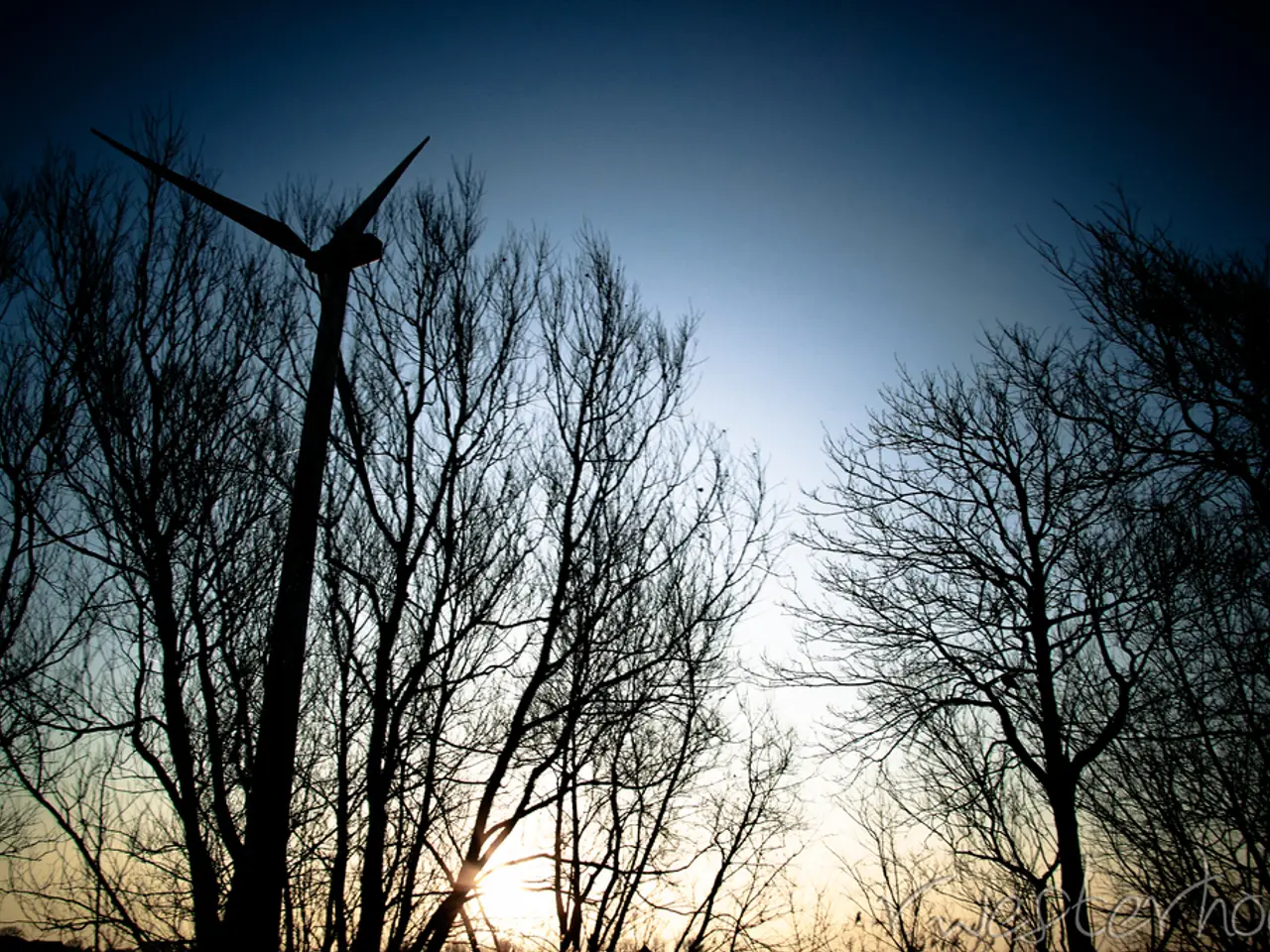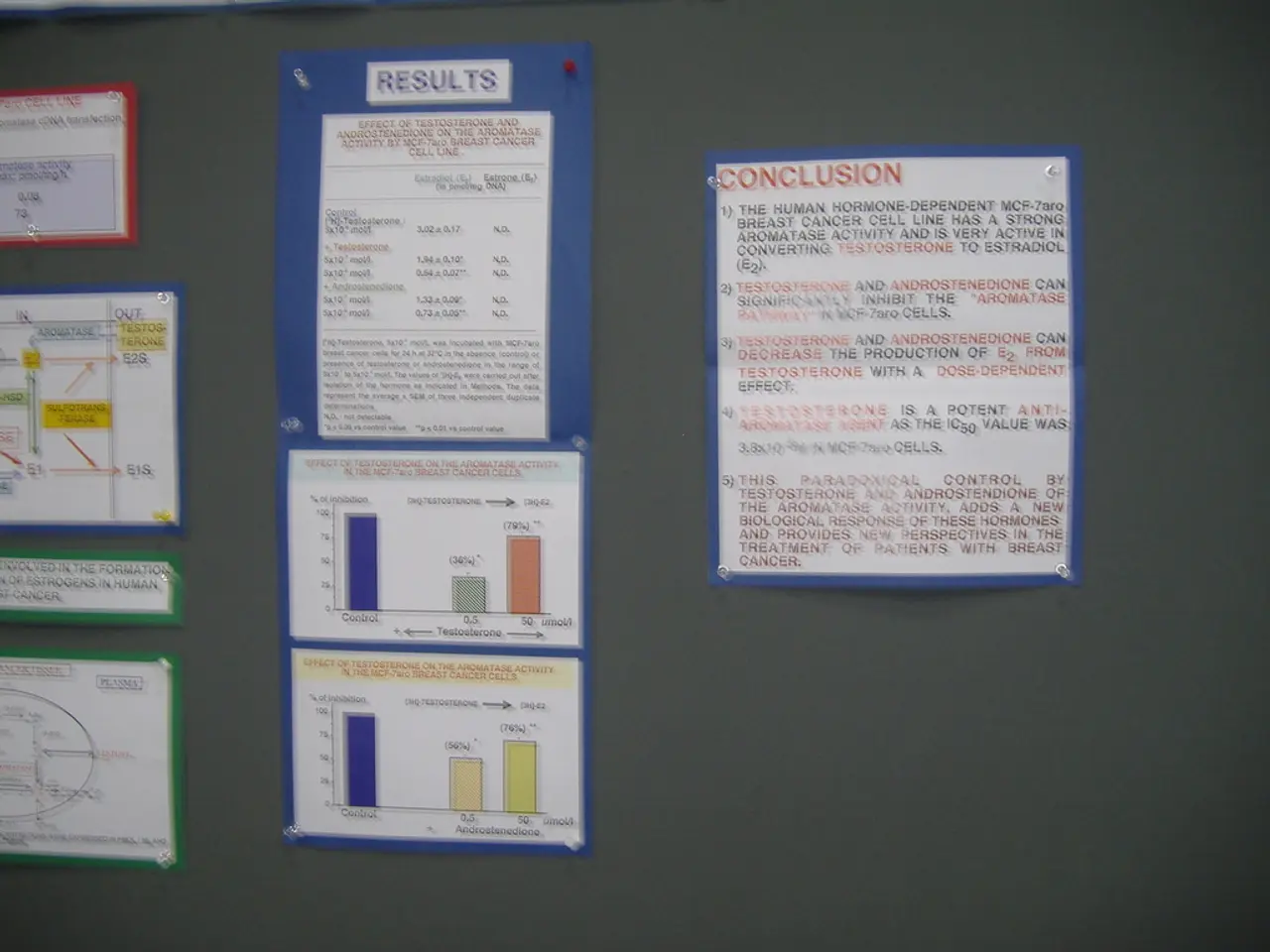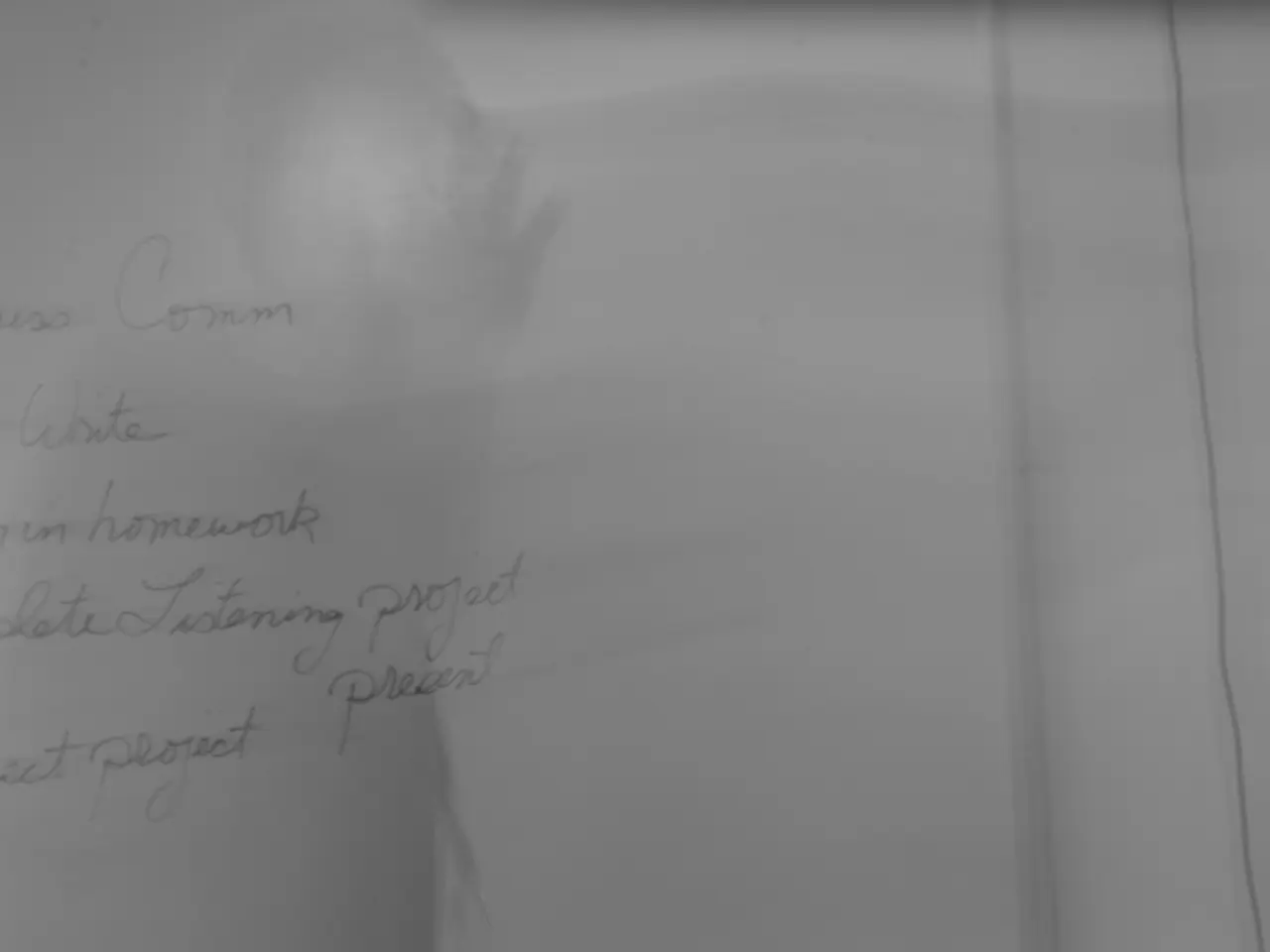Struggle Persists in Offloading North Sea Wind Energy Projects
In a significant turn of events, the auction of offshore wind farms in Germany has failed for the first time, as no bidders participated for two offered sites with a total capacity of 2.5 GW. The failure was primarily attributed to issues with the auction design, which required zero-subsidy bids, making the projects financially unviable for developers.
Associations, including the BWO (Federal Association of Offshore Wind Energy), have pointed to the strict no-subsidy requirement as a major deterrent. They argue that this format greatly increased investment risk and lowered project attractiveness, as developers had to bid without financial support.
Other factors contributing to the lack of participation include predevelopment and permitting issues, grid connection and infrastructure concerns, and market risks. Despite the sites being centrally predeveloped by the government, remaining permitting and approval processes still posed uncertainties. Potential delays or limitations around grid integration affected project feasibility, while rising costs and volatile market conditions made offshore wind investments less attractive under the auction terms.
Industry groups, such as the BWO, have called on the German government for a fundamental reform of the offshore wind auction system to address these barriers and ensure future bid participation. The federal minister of economics, Katherina Reiche (CDU), will examine the suitability of the areas for designation.
Kerstin Andreae, chairwoman of the BDEW's main management, noted that developers of wind parks are facing increasing risks due to rising costs, an unpredictable power market, and planned high density of construction at sea reducing possible power generation. Stefan Thimm, CEO of the Federal Association for Wind Energy Offshore (BWO), stated that companies are being burdened with too many risks.
The areas N-10.1 and N-10.2 in Germany's exclusive economic zone were not auctioned off, with no companies participating in the auction for wind energy projects in these areas. The Federal Association of Energy and Water Industry (BDEW) also reported no bids received for the first time. Tender conditions may need to be adjusted to attract bidders and ensure the success of future auctions.
Developers find the zero-subsidy requirement in the offshore wind auction system too risky, as it makes projects financially unviable and lowers their attractiveness. Industry groups, such as the BWO, are advocating for a reform of the auction system to address these barriers and encourage future bid participation.




